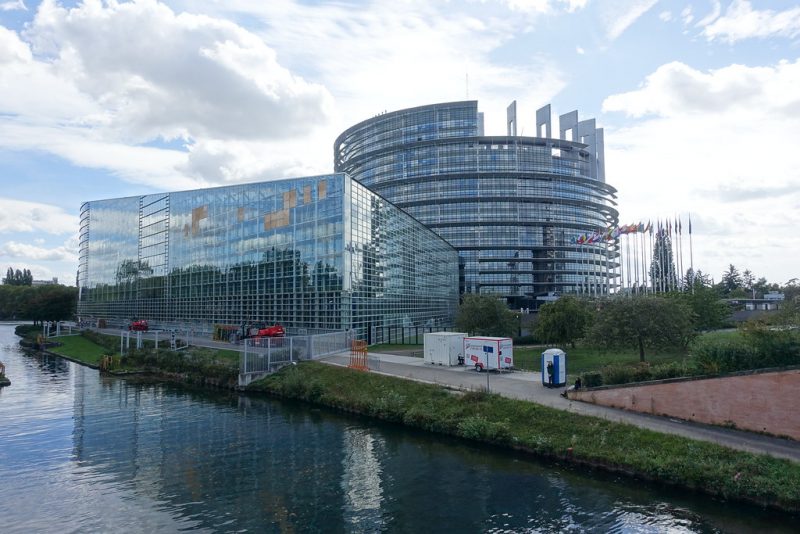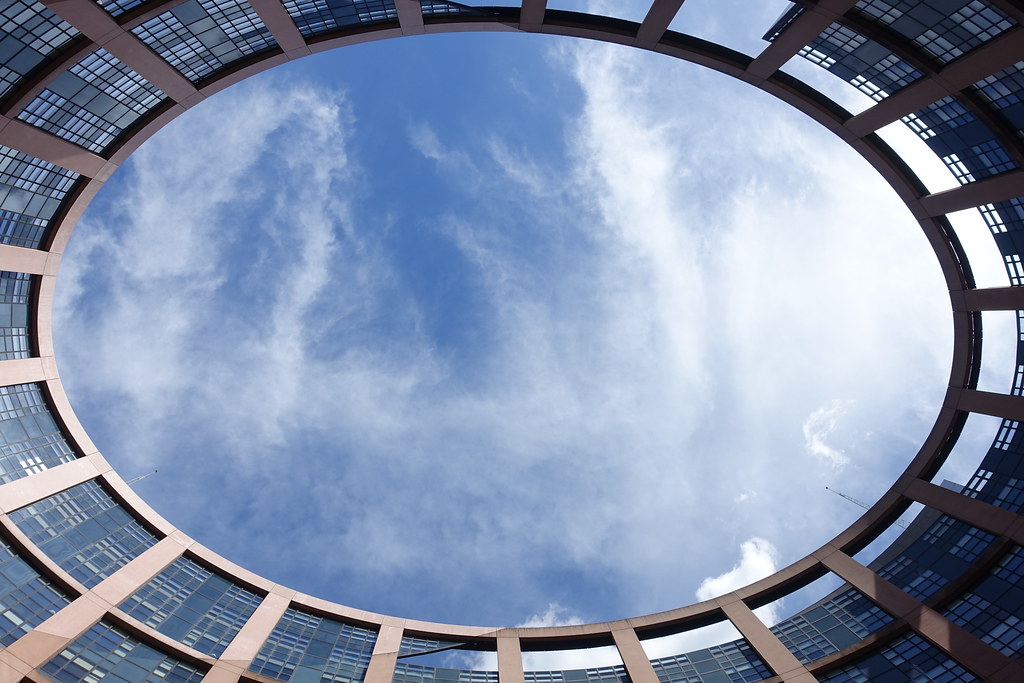The European parliamentary elections showcased the rise of some interesting new political forces beginning to take root throughout the continent. It also indicated the first symptoms of Europe’s deep divisions which are slowly beginning to threaten the EU’s existence altogether.
Issues like anti-immigration and Euroscepticism saw a sharp rise in support alongside the victory of the ENF (Europe of Nations and Freedom) electoral block, which is led by Italy and France. It is important to bear in mind that these countries, despite not governing the EU, have the Second and Third highest GDPs, making their votes and decisions of symbolic importance. In the recent elections, the ENF was able to maintain its position in parliament with 58 seats in spite of a media campaign against them organized by other EU nations.
That the EPP (European People’s Party) again won a majority indicates that the EU can continue to sustain itself as long as it carries out some reforms that do not limit the sovereignty of the States, or impose a liberal and leftist ideological agenda in migration policy and cultural matters. The party won 179 seats and the highest number of votes. While the EPP’s positions coincide with many of the ENFs (such as putting the brake on large scale immigration and the defense of traditional values), but, on economic questions, they diverge dramatically. The EPP is a traditional conservative party that wants to preserve local culture but supports liberal economic measures. It should be kept in mind that this party has its internal discrepancies, such as its antagonistic figures like Viktor Orban and Boyko Borisov who are obviously very different from Angela Merkel, Donald Tusk and Juncker, also of the EPP.

Flickr
Two other parties that increased in presence were the Liberal Party that heads the ALDE (Alliance of Liberals and Democrats of Europe), a full-fledged liberal party, and the Green Party or EFA (The Greens-Europeans Free Alliance). From the economic to the cultural, the ALDE having had important supporters in the media, as they are the favored party of globalization. This party also had the support of the Spanish Socialists who, within the framework of their liberal and progressive policies, seek a coalition with the liberal party, ALDE and other parties on the left in order to maintain a majority and manage conservative ideas with the voting bloc.
The liberal parties, for the most part, criticize Euroscepticism, arguing that Europe represents Union and not division, ignoring that Europe is not just a market, but a community of Nations with their own history and identity. Ironically, the most pro-European parties want to dilute the sovereign functions of individual countries and their specific cultural characteristics by demanding massive immigration. Large scale migration generates social conflict and threatens the existence of local culture throughout the continent. They seek to put down red lines against right-wing parties that oppose mass immigration, something that curiously permeates most left parties, such as with Denmark’s Social democrats.
The European Union is so fundamentally divided, its internal divisions risk its future stability, and perhaps existence.
Although there was no radical change in the European Parliament as a result of the elections, phenomena such as environmentalism, the rejection of mass migration and the desire to preserve national sovereignty is growing. These ideas are gradually gaining more followers in comparison to the traditional ideas of the ruling liberals, conservatives and social democrats.

















Leave a Reply